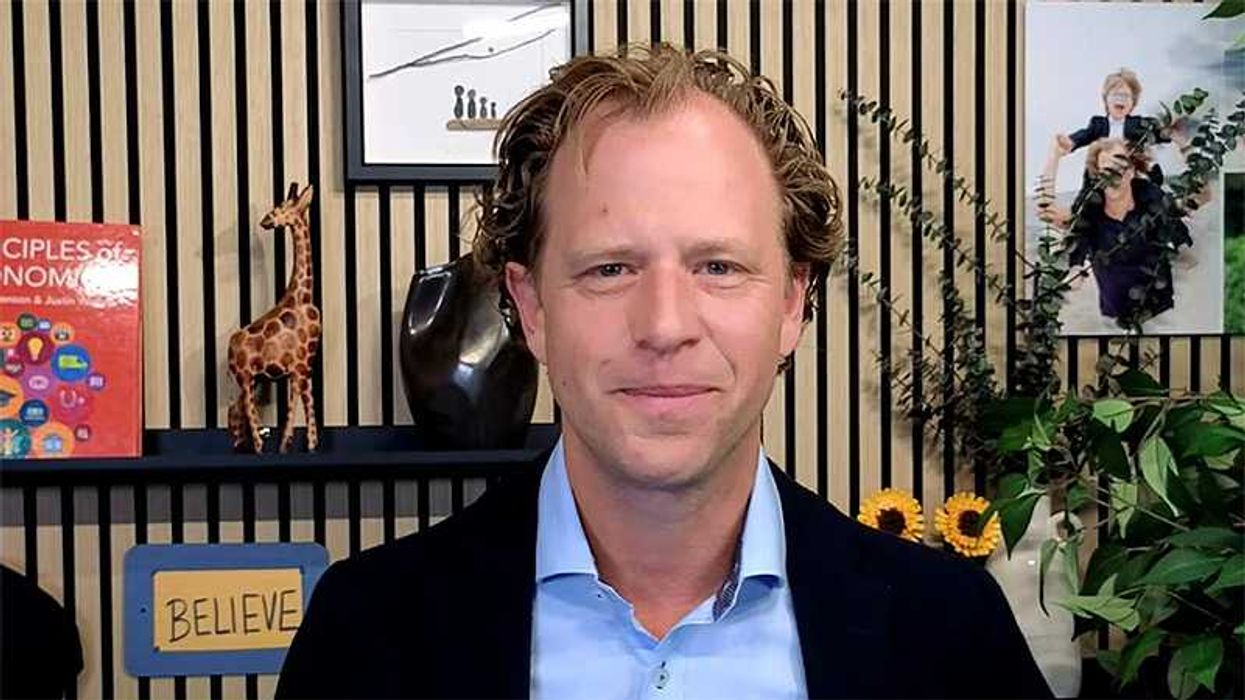Economist reveals the one way Trump’s economy could actually work — and why it never will

University of Michigan professor of economics and public policy, Justin Wolfers (Photo: Screen capture)
November 24, 2025 | 02:13PM ETMSN UK
Professor of economics and public policy Justin Wolfers said that if done correctly, President Donald Trump's tariffs might eventually work out, but the problem is that he's so erratic that they don't.
Speaking to CNN's John Berman on Monday, Wolfers, who teaches at the University of Michigan, explained, "The problem is the tariff regime — whatever it is on Monday, it's changed by Tuesday. And then the president's in a bad mood by Wednesday. And then someone said something mean in the middle school cafeteria on Thursday. And the tariffs are back on or back off."
As Americans head into the holiday season, inflation and the high costs of items are at the forefront. He specifically cited "stagflation."
"So, 'stag' is stagnation. That's when the economy slows," he explained. "Sometimes, when it goes backward. I was just looking at the markets. They're suggesting there's roughly a 1 in 3 chance of a recession over the next year. So, that's the stag. Deflation is inflation. When inflation, currently, has remained stubbornly high, it's stuck at about percent."
"The president continues to deny that prices are rising at all. The real question is how do we get inflation down from three to the [Federal Reserve's] target of two. And that's occurring at a moment when we've got tariffs that are pushing things in exactly the wrong direction," Wolfers added.
He noted that even if the U.S. makes "incredible progress" in 2026, there will still be a "lot of work to do."
In a Truth Social post on Monday, Trump claimed that the country was making huge profits off of his tariffs and "it's going to be better and better."
Wolfers said that the benefit of tariffs is that they encourage more domestic manufacturing. The problem is that it doesn't happen in a year or two. Whatever tariffs Trump imposed in 2025 won't deliver results for years, and that's only if companies can project long-term profitability.